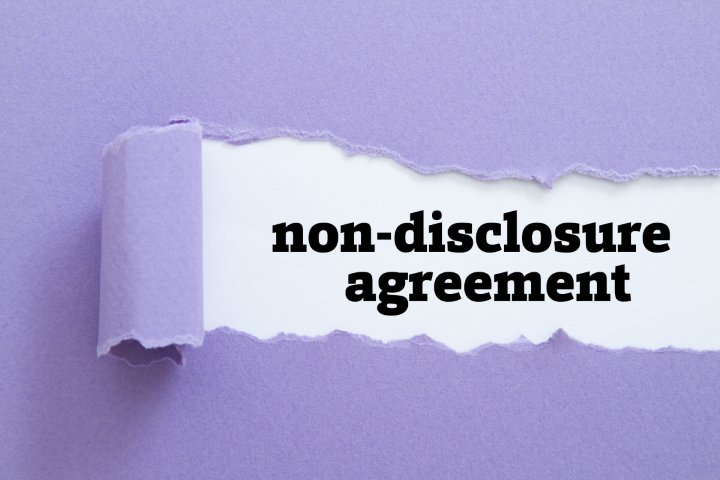
Non-Disclosure Agreements (NDAs) are versatile and can be used in various scenarios. They may also be incorporated into other documents, such as employment contracts or settlement agreements, to safeguard trade secrets or commercially sensitive information, especially during employee terminations.
Types of NDAs
There are two primary types of NDAs:
1. Unilateral NDA: This agreement imposes confidentiality obligations on only one party.
2. Bilateral (Mutual) NDA: Both parties agree to keep shared information confidential.
When are NDAs used?
NDAs are essential in various business situations. Common examples include:
- Pre-contract Negotiations: These are discussions during tender or contract negotiations where sensitive data is exchanged to finalise an agreement. Mutual NDAs are typically used.
- Mergers and acquisitions (M&A): The acquiring company signs an NDA to prevent the disclosure of the target company’s confidential information.
- Employment Contracts: Employees with access to proprietary company information may sign NDAs to protect trade secrets and prevent unauthorised disclosures.
- Product Development & Collaborations: NDAs are crucial in joint ventures or R&D partnerships to safeguard intellectual property.
- Settlement Agreements: These are often used during employment terminations to reiterate the confidentiality provisions in the employment contract or impose new obligations where the employment contract is deficient and where the employee leaves.
Key elements of an NDA
Regardless of the context, NDAs follow a consistent structure with key provisions, including:
- Parties Involved: Identifies the parties and their representatives, such as advisors or subcontractors.
- Definitions: Clarifies what constitutes confidential information.
- Obligations: Outlines each party’s responsibility to protect confidential information.
- Return/Destruction of Information: Specifies how confidential information will be handled after the contract ends.
- Exclusions: Lists information that isn’t protected, such as data already in the public domain.
- Duration: Defines how long the NDA remains in effect.
- Remedies for Breach: Specifies penalties or actions in case of a breach.
Are there circumstances where NDAs are unenforceable?
In certain situations, particularly in employment, NDAs may not be enforceable. These include:
- Whistleblowing
- Reporting a Crime
- Discussing Pay with colleagues for Equal Pay reasons
Abuse of NDAs
NDAs have been misused in high-profile cases, such as the Harvey Weinstein scandal, where they were used to silence victims of sexual harassment. Recently, the UK Treasury Select Committee has heard concerns about NDAs being used to cover up discrimination and sexism. While legislation to prevent NDA misuse was proposed in 2024, it was delayed due to the general election. However, Guidance has been issued by the Solicitors Regulation Authority and the Law Society to lawyers on good practice in the use of confidentiality provisions and NDAs in settlement agreements, reflecting the scrutiny they have come under. In May 2024, the Victims and Prisoners Act 2024 received Royal Assent. Whilst a date for it coming into force is still awaited, the Act will make void provisions in agreements that prevent victims of criminal conduct from disclosing certain information.
The proper use of NDAs
When used correctly, NDAs respect and protect confidential information for legitimate commercial reasons. They are essential tools in safeguarding business interests and come with legal consequences for breaches.
If you need guidance on drafting or enforcing an NDA, contact our corporate partner, Victoria Holland or our employment partner, Karen Cole, for expert assistance.
Note: This article is not legal advice; it provides information of general interest about current legal issues.

